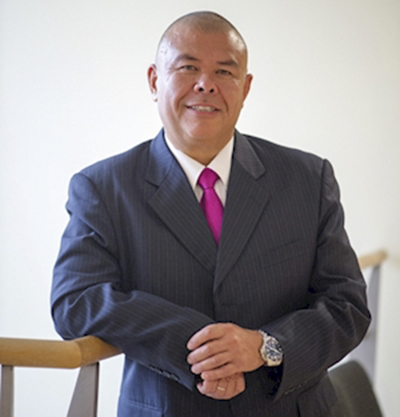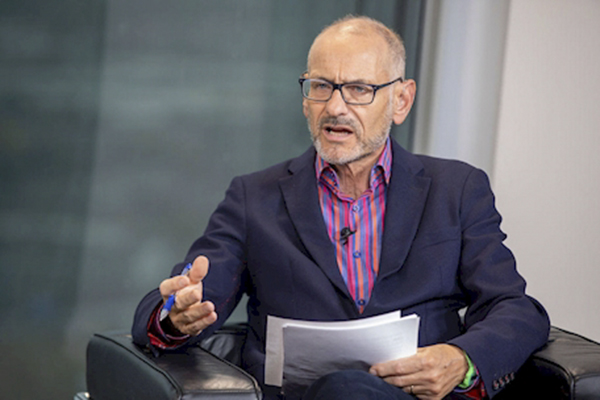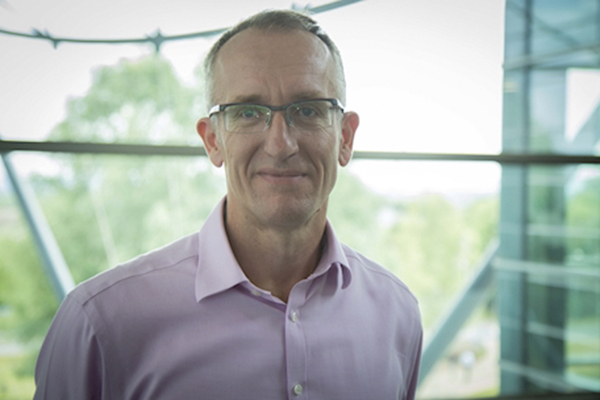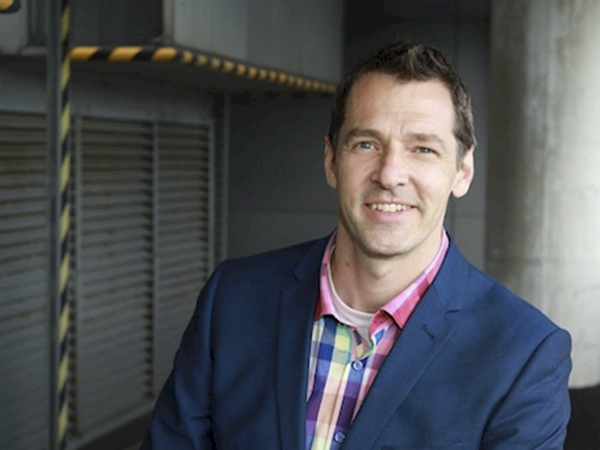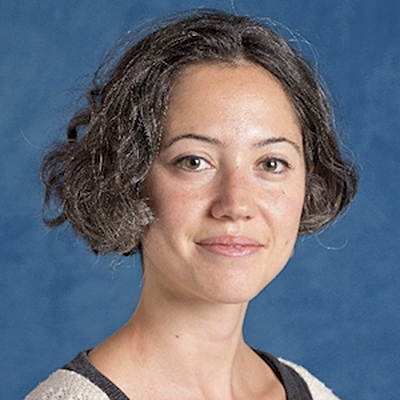BSRIA Briefing 2023. Cleaner Air, Better Tomorrow
[edit] What makes air quality one of the most important items on the built environment agenda?
Humans, on average, take 20,000 breaths each day. The World Health Organisation (WHO) reports that almost 99% of the global population breathes in air that exceeds the WHO guideline limits and contains high levels of pollutants. Furthermore, the world is still recovering from the devastating effects of COVID 19 – showing that the level of air quality (both internally and externally) is now more important than ever before.
Contaminant sources from building materials or human behaviour indoors can make the indoor air 8 to 10 times more polluted than the exterior air, according to the WHO. The quality of indoor air is affected by outdoor pollution but also by the indoor sources and inadequate ventilation. Particulate matter, mould and chemicals released from synthetic fabrics, paints, furnishings, as well as household products are some of the sources of contamination.
[edit] Details of the BSRIA Briefing 2023
The BSRIA Briefing 2023, held at the prestigious London Brewery, will address some of the key points currently surrounding air quality, considering it from a behavioural, technological, and legislative perspective.
Our expert speakers will introduce the most cutting-edge developments on the topic, providing valuable insight into the innovative ways of achieving improved health and well being, and skilfully balancing the ambition to deliver top air quality environments in buildings whilst maintaining maximum energy efficiency targets.
Places are limited, so book now to avoid disappointment, here.
[edit] Speakers announced so far...
More speakers to be announced soon!
[edit] Prof Sir Jonathan Van-Tam MBE
Jonathan Van-Tam is a public health specialist with a clinical background in emergency medicine, anaesthesia, and infectious diseases. He is an expert on respiratory viruses and pandemics and is currently Pro Vice-Chancellor, Faculty of Medicine, and Health Sciences, at the University of Nottingham. His career has also taken him to Public Health England, the World Health Organization, and the pharmaceutical and vaccine industries.
Jonathan was seconded to the Department of Health and Social Care as Deputy Chief Medical Officer. He is well-known for his leadership role during the COVID- 19 pandemic, particularly his straight, no-nonsense, communication style from the podium at number ten Downing Street, and for the acquisition and rollout of vaccines and antiviral drugs in the UK.
After stepping down as Deputy Chief Medical Officer for England he returned to the University of Nottingham as its Pro-Vice-Chancellor for Medicine & Health Sciences.
Jonathan received a knighthood from Her Majesty the Queen in her New Year's Honours List, for services to public health. He has also been awarded the Royal Society's Attenborough Award and Lecture for outstanding public engagement in science.
[edit] Roger Harrabin – BBC Environment and Energy Correspondent
Roger Harrabin is one of the media’s most influential voices on the environment, energy and climate change. As Energy and Environment Correspondent, he has reported for the BBC for over 30 years. Roger has been a global pioneer in environment reporting. He was founder presenter of the BBC environment programme ‘Costing the Earth’ and has won many awards for his work in radio and TV.
His quest for impartiality led him to broadcast two three-part series on Radio 4 tackling the risks and uncertainties in climate science and technology. His reporting on new topics has often been trend-setting – he was, for instance, the first mainstream reporter to highlight the central the role that energy would play in the environment. He has interviewed many influential figures including Margaret Thatcher, Tony Blair, Ban Ki Moon, Al Gore and Sir David Attenborough.
Roger’s achievements have been widely recognised. He is an Honorary lifetime fellow of St Catharine’s Cambridge; Associate Fellow, Green College Oxford and Wolfson College, Cambridge and holds an Honorary Doctorate of Science from Cranfield University for work on the environment.
[edit] Matthew Hort – Head Atmospheric Dispersion and Air Quality - Met Office, UK
Matthew Hort is Met Office Principal Fellow in Hazards to Decision Making and the Head of Atmospheric Dispersion and Air Quality group at the Met Office, UK.
In this role he has led and co-ordinated Met Office research and its application with a focus on linking atmospheric sciences to emergency response, societal, industrial and environmental impacts. He extensive experience of and interest in bringing cross disciplinary science to bear for real world hazards.
While at the Met Office Matthew has conducted and lead in research on the emissions, transport and fate of hazardous gas and aerosol contaminants ranging from air quality to animal disease virus and vector-based spread such as foot and mouth (FMD) and blue tongue (BTV), volcanic eruptions and CBRN releases. This work has ranged from urban to global in scale.
Matthew has been a member of the UK Government Scientific Advisory Group in Emergencies (SAGE), and provided regular input into UK preparedness and planning activities and the UK National Risk Assessment process for a range of natural and anthropogenic hazards.
[edit] Prof Aaron Gillich - Professor of Building Decarbonisation - Director of NZBC
Aaron Gillich (BEng, MSc, PhD, FHEA, CEng, MCIBSE) is Professor of Building Decarbonisation and Director of the BSRIA LSBU Net Zero Building Centre. The Centre is a joint venture between BSRIA and LSBU with the goal of accelerating a decade of action on decarbonising the built environment. Aaron has worked for the past 15 years across industry, academia, and government. He has a BEng in Aerospace Engineering, an MSc in Astronomy and Physics, and a PhD in Energy Policy. His research centres on the links between technical and policy solutions to decarbonising existing buildings. He has led a number of research and demonstration projects for low carbon innovations in heat pumps and heat networks. His interests also include retrofit programme design and market transformation strategy.
[edit] Enda Hayes - Professor of Air Quality and Carbon Management, UWE
Professor Enda Hayes has been working on environmental management for over two decades with a primary focus on atmospheric emissions. He has worked with local, national and international governments on a range of air quality and carbon management projects. His recent work has been exploring the democratisation of air quality data through human-centric data analysis and innovative public engagement approaches including citizen science.
[edit] Dr Yasemin Aktas - Deputy Academic Director at UK Centre for Moisture in Buildings (UKCMB)
Yasemin D Aktas is an Associate Professor in Applied Materials and Structures at the UCL Department of Civil, Environmental and Geomatic Engineering (CEGE), and the deputy academic director of the UK Centre for Moisture in Buildings (UKCMB). Her research focusses on resilient and sustainable built environments under geophysical and climate induced hazards, both at a building and urban scales, and at a use-comfort-health nexus. To this end, she synthesises numerous disciplines including urban physics, heritage conservation, retrofit, indoor environmental quality and microbiome.
[edit] Reasons to attend
Attending the 'Cleaner Air, Better Tomorrow' event is your passport to a world of opportunities and insights, and members have an exciting chance to amplify those benefits.
Rub shoulders with industry leaders and like-minded individuals, opening doors to potential collaborations and opportunities that can drive your career or business to new heights.
By inviting guests, members can not only expand their own network, but also provide colleagues and friends access to the latest innovations and cutting-edge technologies that are shaping the future of clean air and sustainability.
As an attendee, you'll gain access to the latest insights from expert speakers addressing key topics from behavioural to technological and legislative perspectives.
Join us in creating a cleaner, healthier tomorrow and extend the invitation to your peers—secure your spot today!
This article appears on the BSRIA news and blog site as "BSRIA Briefing 2023 - Cleaner Air, Better Tomorrow" dated September 2023.
--BSRIA
[edit] Related articles on Designing Buildings
- Air pollution index.
- Air Quality Taskforce.
- At a glance - Indoor air quality.
- BSRIA Briefing 2022 - from the outside looking in.
- BSRIA Briefing 2021.BSRIA Briefing 2019: A climate of change.
- BSRIA briefing 2018.
- BSRIA 2017 Briefing.
- BSRIA briefing 2016.
- BSRIA responds to UK Air Pollution Report.
- Bringing a breath of fresh air to the design of indoor environments.
- Construction dust.
- Ensuring good indoor air quality in buildings.
- Fresh air.
- Health effects of indoor air quality on children and young people.
- High pollution location.
- Indoor air quality.
- Indoor environmental quality.
- Locating ventilation inlets to reduce ingress of external pollutants into buildings: A new methodology IP 9 14.
- Mechanical ventilation's role in improving indoor air quality.
- National Health Service Act of 2006.
- Smog.
- Sources of external pollution.
- TSI Environmental dust monitoring system.
- Ultra Low Emission Zone.
- United Nations Economic Commission for Europe UNECE.
Featured articles and news
Infrastructure that connect the physical and digital domains.
Harnessing robotics and AI in challenging environments
The key to nuclear decommissioning and fusion engineering.
BSRIA announces Lisa Ashworth as new CEO
Tasked with furthering BSRIA’s impressive growth ambitions.
Public buildings get half a million energy efficiency boost
£557 million to switch to cleaner heating and save on energy.
CIOB launches pre-election manifesto
Outlining potential future policies for the next government.
Grenfell Tower Inquiry announcement
Phase 2 hearings come to a close and the final report due in September.
Progress from Parts L, F and O: A whitepaper, one year on.
A replicated study to understand the opinion of practitioners.
ECA announces new president 2024
Electrical engineer and business leader Stuart Smith.
A distinct type of countryside that should be celebrated.
Should Part O be extended to existing buildings?
EAC brands heatwave adaptation a missed opportunity.
Definition of Statutory in workplace and facilities management
Established by IWFM, BESA, CIBSE and BSRIA.
Tackling the transition from traditional heating systems
59% lack the necessary information and confidence to switch.
The general election and the construction industry
As PM, Rishi Sunak announces July 4 date for an election.
Eco apprenticeships continue help grow green workforce
A year after being recognised at the King's coronation.
Permitted development rights for agricultural buildings
The changes coming into effect as of May 21, 2024.









